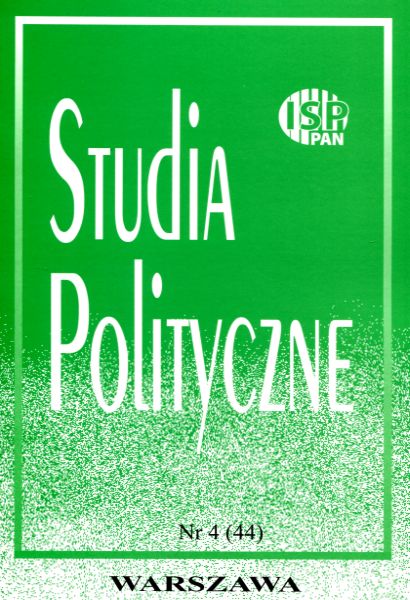POD SZTANDARAMI WIATRU. JUNGOWSKA INTERPRETACJA ŹRÓDEŁ NAZIZMU
Under the Banners of Wind. The Jungian Interpretation of the Sources of Nazism
Author(s): Nina Gładziuk Subject(s): Politics / Political Sciences
Published by: Instytut Studiów Politycznych PAN
Keywords: depth psychology; Jung; crowd psychology; collective unconscious the Nazis; Hitler; the archetype of Wotan; psychic epidemic
Summary/Abstract: The socio-economic perspective on the emergence of the twentieth-century totalitarian movements such as Nazism and their social popularity should be supplemented by a psychohistorical approach. The phenomenon of Nazism and its fascination with occultism and altered states of consciousness, its war ecstasy and the blind submission of masses to the shamanic personality of the leader cannot be explained only by so-called objective causative agents. It is necessary to consider the emotional and psychogenic factors that were responsible for the violent agitation of the collective unconscious and the accompanying peculiar state of excitement that were accompanying Nazism. In his famous essay ‘Wotan’ (1936), Jung argues that Germany became the land of spiritual catastrophes due to a special susceptibility of the German psyche to the archetype of the Germanic god of wind and storm.
Journal: Studia Polityczne
- Issue Year: 2016
- Issue No: 44
- Page Range: 115-147
- Page Count: 33
- Language: Polish

